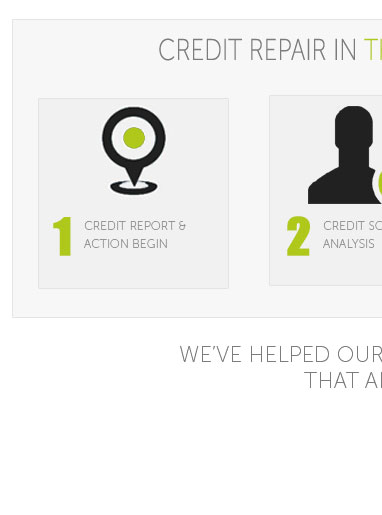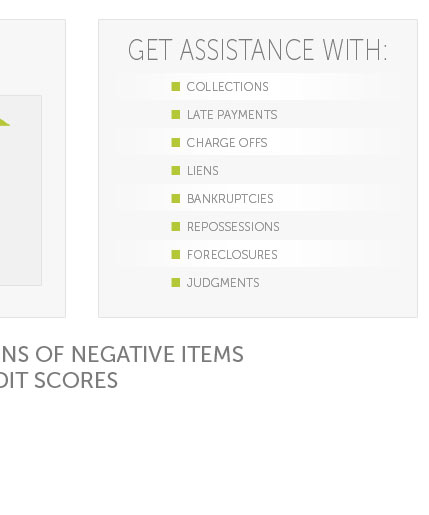 |
|||
|---|---|---|---|
 |
 |
 |
|---|---|---|
 |
||
 |
 |
 |
 |
|---|---|---|
 |
Transform your financial future with our exceptional credit repair services, where the power of credit report dispute becomes your strongest ally; don't settle for less when you can challenge inaccuracies head-on, boost your credit score, and unlock doors to opportunities you never thought possible-because we believe everyone deserves a second chance at financial freedom, and we're here to make sure you seize it.
https://www.annualcreditreport.com/filingADispute.action
To submit a dispute to a credit reporting company, contact the credit reporting company who has the inaccurate information on your credit report. You may submit ...
To submit a dispute to a credit reporting company, contact the credit reporting company who has the inaccurate information on your credit report. You may submit ...
https://www.transunion.ca/assistance/credit-report-disputes
You can dispute your credit information or update personal information on our credit report in three ways.
You can dispute your credit information or update personal information on our credit report in three ways.
https://www.valegalaid.org/resource/challenging-a-debt-on-your-credit-report/download/B1517D62-BD16-E899-1162-CA2C3AB36949
Step 1- Dispute the debt with both the creditor and the consumer reporting agency (CRA). Disputing a debt directly with the creditor may resolve the issue, but ...
Step 1- Dispute the debt with both the creditor and the consumer reporting agency (CRA). Disputing a debt directly with the creditor may resolve the issue, but ...